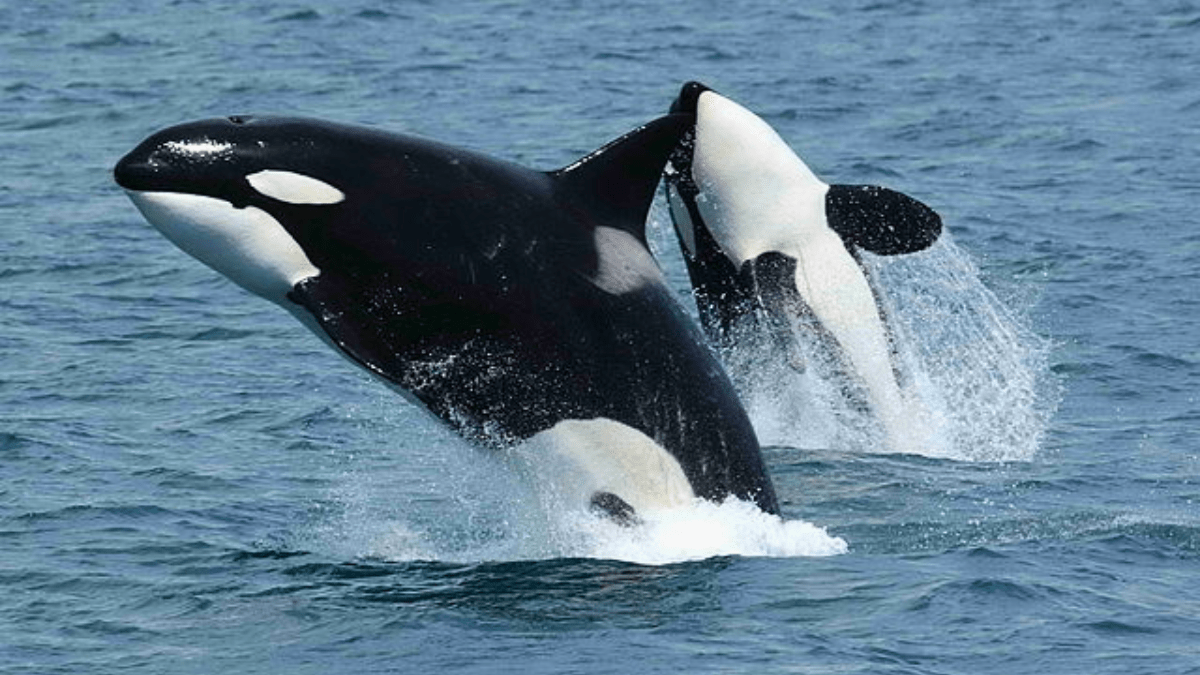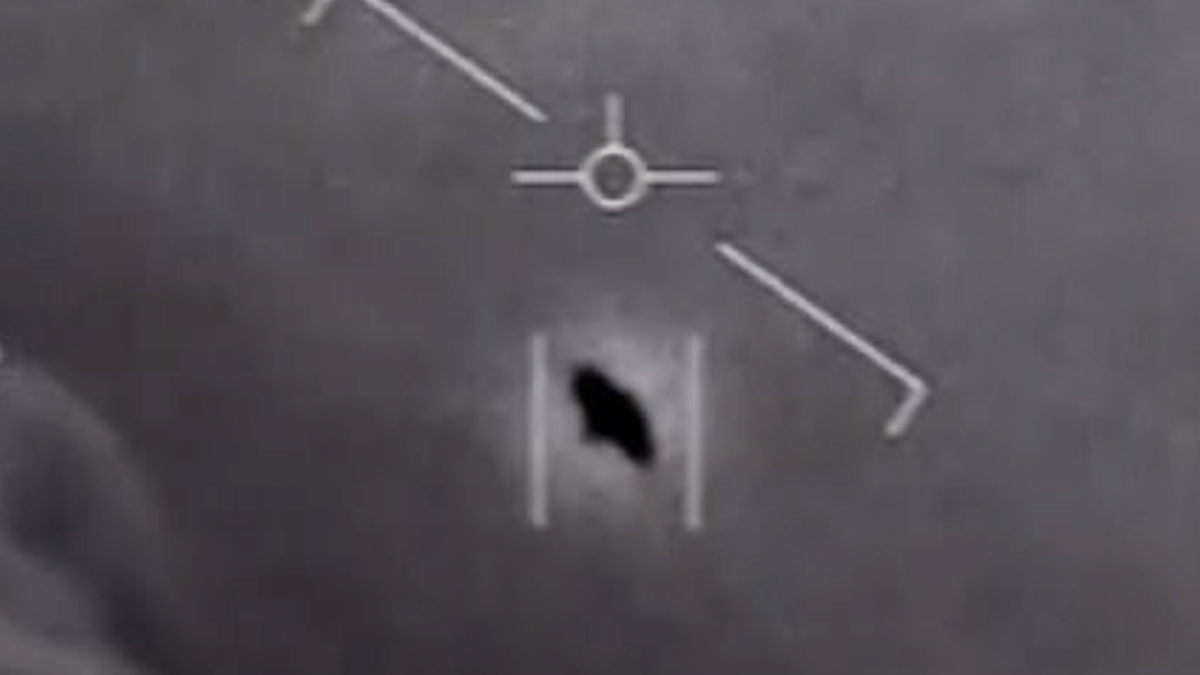In yet another display of nature’s unpredictability, killer whales have been documented hunting unlikely prey: moose. While most of us picture orcas chasing seals or taking down great white sharks (which, by the way, one particularly skilled orca named Starboard recently accomplished solo in just two minutes), these versatile predators have found a way to add land mammals to their menu.
The unusual dynamic occurs in the coastal waters of the Pacific Northwest, particularly around British Columbia and Alaska, where deep fjords and inlets create the perfect hunting grounds for these opportunistic hunters. But how exactly do these two species’ even cross paths?
It turns out moose are pretty decent swimmers, capable of moving through water at speeds matching Olympic athletes. Think Michael Phelps but in moose form. During summer months, these massive herbivores often take to the water, not just to cool off, but also in search of aquatic plants rich in sodium, a nutrient their typical terrestrial diet lacks. One particularly dramatic incident occurred in 1992 in Alaska, when a pod of four Biggs’ killer whales attacked two swimming moose. The larger animal became the pod’s meal, while the smaller one, though escaping the initial attack, was so severely wounded that it later drowned.
Why are orcas hunting moose?
The underwater topography of these regions plays a crucial role in these encounters. The deep inlets that reach right up to the shoreline force moose to venture into orca territory when swimming between islands or along the coast. Once in deeper waters, even the moose’s impressive swimming abilities (they can dive up to six meters deep and swim for several miles) are no match for orcas, which can reach speeds of 35 miles per hour.
These interactions highlight the remarkable adaptability of orcas, who are already known for their diverse hunting strategies. From creating waves to knock seals off ice floes in Antarctica to their recent headline-making attacks on boats off the Iberian Peninsula, these intelligent cetaceans continue to surprise scientists with their behavioral versatility.
Dr. Robert Pitman from Oregon State University’s Marine Mammal Institute puts it into perspective: “This is the biggest apex predator we have on the planet today. We haven’t seen anything like it since dinosaurs roamed the Earth.”
Moose aren’t a staple of the orca diet, so you don’t have to start prepping your “Save the Moose” picketing signs just yet. However, these encounters demonstrate the amazingly one-of-a-kind nature of these marine animals. When circumstances align and a moose ventures a bit too far from shore, orcas aren’t going to pass up the chance for that big of a meal. We’ll all be patiently waiting the National Geographic documentary about this showdown.











Published: Oct 25, 2024 03:46 am